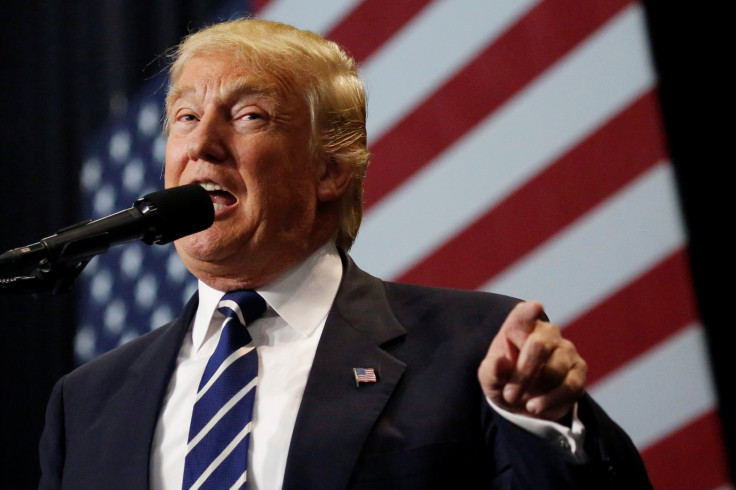In the era of Trump and fake news, Americans are less interested in 'facts' than ever
When discussing public issues, Americans are less reliant on facts than they were two decades ago.

In the era of Trump, alternative facts and fake news, the US appears more politically divided than ever before.
Now, a new report published by the RAND Corporation – a non-profit global policy think tank – has investigated the current political landscape, finding that, when discussing public issues, Americans are significantly less reliant on facts than they were two decades ago. This phenomenon has also coincided with a dramatic decline in trust in major institutions.
The phenomenon – which RAND refers to as "Truth Decay" – is characterised by increasing disagreement over facts; a blurring between opinion and fact; an increase in the relative volume of opinion and use of personal experience over fact; and declining trust in previously respected sources of information.
This has led to political paralysis, the collapse of civil discourse and uncertainty in national policymaking, which has significant social and economic consequences. For example, the US government shutdown of 2013 that lasted 16 days, which resulted in a $20bn (£14.5bn) loss to the American economy.
While Truth Decay has been observed before in US history, changes in the way Americans consume information – with the rise of 24-hour news and social media – have exacerbated the phenomenon in recent years, the report suggests.
Growing political, economic and social polarisation has also played an important role, in addition to the effect of human cognitive bias – the tendency to perceive information based on one's own experiences and preferences, resulting in a distortion in how reality is perceived.
To highlight how civil discourse has been eroded, the authors point to the US debate over immigration. They argue that important policy debates cannot take place effectively if people on different sides of the argument are unable to agree on a common set of facts regarding the number of immigrants, their economic value and the crime they do or do not commit.
"Increasingly, important policy debates are as likely to hinge on opinion or anecdote as they are on objective facts or rigorous analysis," said Jennifer Kavanagh, a RAND political scientist and co-author of the report. "However, policy decisions made mostly on the basis of opinion or anecdote – when more rigorous information is available or can be developed – can have deleterious effects on American democracy."
The authors compared the situation today to other periods in US history where elements of Truth Decay were particularly prominent. These include the 1880s-1890s, with its rapid industrialisation and economic inequality, the 1920s-1930s, which was marked by a mistrust of banks and financial institutions, and the 1960s-1970s, a time of great social upheaval overshadowed by the spectre of the Vietnam War.
The ends of these periods were marked by policy changes, improved government transparency and a rise in quality, investigative journalism, according to the report.
"Although we see some evidence that previous eras also experienced a decline in trust in institutions, this trend seems to be more pronounced now than in the past," said Michael D. Rich, CEO of the RAND Corporation and co-author of the report.
"Today we see that lack of trust across many more pillars of society – in government, media and financial institutions – and a far lower absolute level of trust in these institutions than before."





















